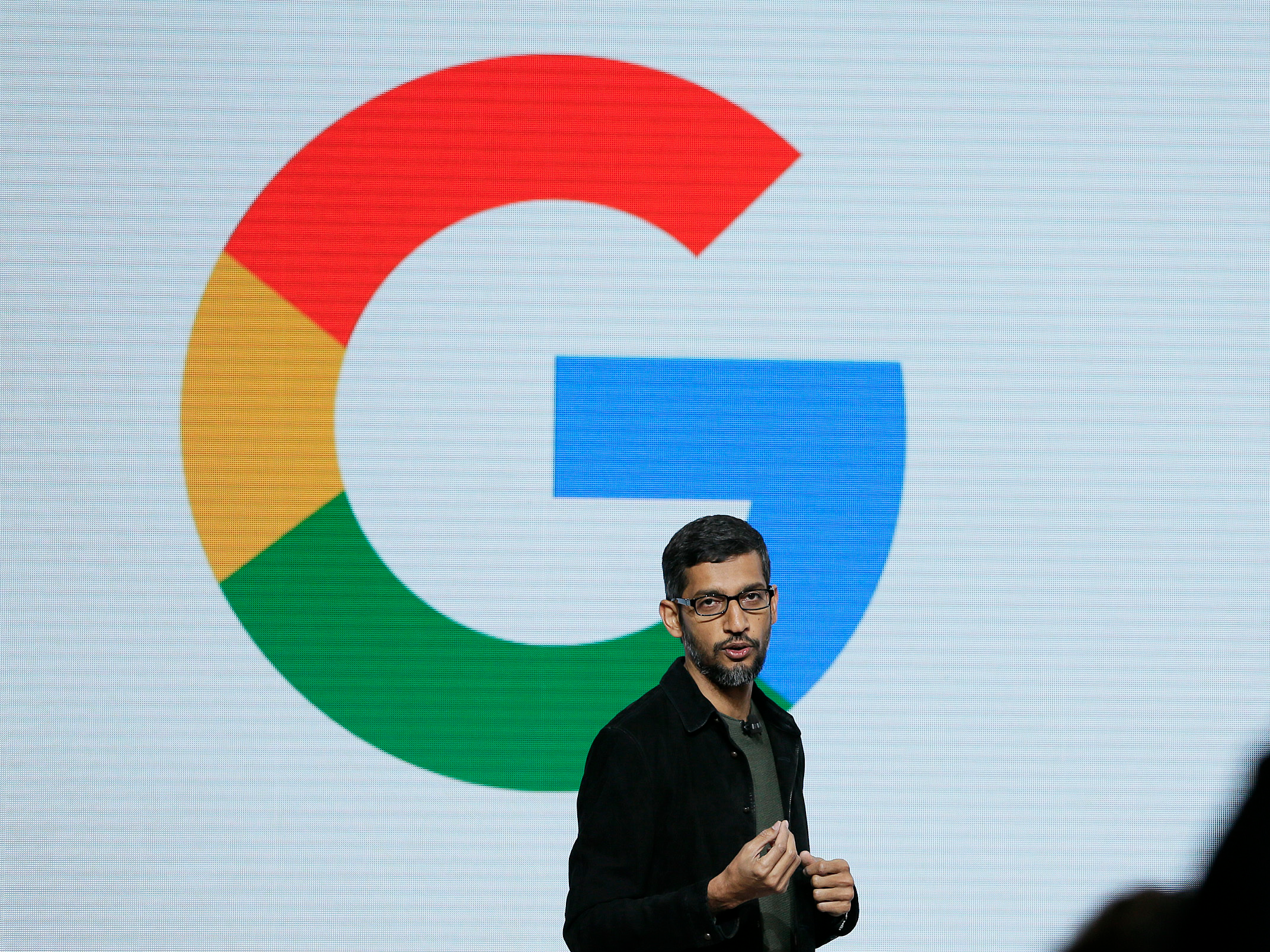Google could lose up to $750 million from the advertiser boycott related to ads appearing next to extremist content like videos, according to a note from analysts at Nomura Instinet.
According to the note, Google-owned YouTube, which relies on big brands’ advertising, could take a 7.5% hit to its revenues, which are estimated to be $10.2 billion for 2017.
Five of the top 20 US advertisers have frozen their advertising with Google, as have dozens more around the world. Those five companies make up 7.5% of US ad spend, according to the note.
Traditional TV companies will likely look to capitalize on the boycott during the upfronts – when networks try to sell the bulk of their advertising – which run from March to May and emphasize the view that advertising on TV guarantees brand safety with large-scale audiences, according to the note.

Other platforms that rely on user-generated content - such as Facebook, Twitter, and Snapchat - could also be scrutinized more closely as a result of the boycott, the note suggested.
Notes from Wall Street analysts at RBC Capital Markets and Morgan Stanley last week, however, downplayed the effect of the advertiser boycott and maintained positive ratings of the company. Morgan Stanley, for example, said the top 100 advertisers on Google likely represented less than 20% of the company's total revenues.
Analysts at Nomura say YouTube could introduce solutions to increase brand safety but that the development of those could affect the company financially.
"Ad buyers are likely to demand greater direct control over ad placement, which could take time and resources to implement," the note said.
Google has said it would update its ad policies, employ more people to review content, and introduce more controls for advertisers.
More than 250 brands have pulled their advertising from Google's display ads network and YouTube, according to The Times. Search advertising, which makes up the bulk of Google's revenue, wouldn't be affected by the ad boycott.

